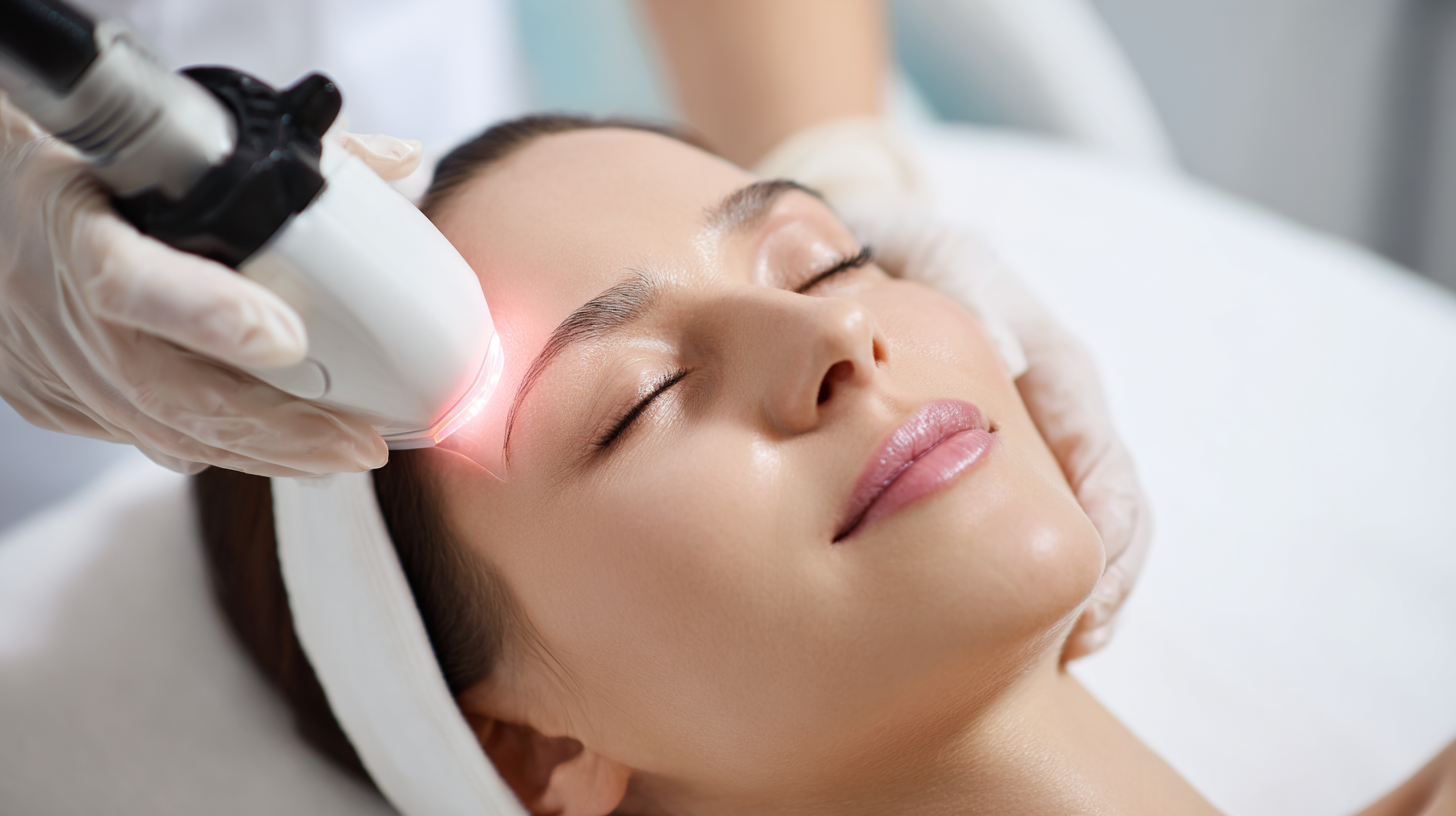BABTAC Launch a Best Practice Guide for Menopause
BABTAC (British Association of Beauty Therapy and Cosmetology) who are on a mission to improve inclusivity within the beauty industry, have released the MENOPAUSE: A BABTAC Best Practice Guide, for their thousands of professional members who work up and down the country.
The comprehensive 12 x page guide contains an educational toolkit, providing resources to help beauty professionals treat menopausal clients in the most effective and comfortable way possible. It covers everything from physical and emotional support, to recognising the signs and symptoms, physical changes to take note of, and suggestions of products to use during treatments.
The guide has been created in partnership with menopause experts Tracy Munro, The Mindful Menopause Coach and Veerpal Sandhu, Advanced Clinical Pharmacist specialising in Women’s health and member of the British Menopause Society.
BABTAC founder Lesley Blair MBE (She/Her), CEO of BABTAC (British Association of British Therapy and Cosmetology) & CIBTAC says “In an industry which has a predominantly female workforce and clientele, it is essential for both Salon owners and therapists to have processes and the knowledge to help both staff and clients navigate treatments for menopausal clients”.
With October being Menopause Awareness Month, this best practice guide is a pertinent and valuable resource for our members, especially for a predominantly female industry. We are also a sector synonymous with cultivating physical and mental wellbeing so believe it is essential for salon owners and staff to be equipped with the knowledge and understanding to support both their own team and their clients as they navigate their menopause journeys.
Top Tips for Treating Menopausing Clients According to BABTAC’s Experts
Implement careful questioning during consultations to identify menopausal clients and any symptoms, medications and skin conditions.
Encourage mindful skincare that transforms your clients’ routines into a soothing relaxing ritual.
Incorporate relaxation protocols into treatments. You could consider using cooling tools such as gua sha and checking your client is comfortable with the room temperature
Encourage regular hydration, with herbal tea available as an alternative to caffeinated beverages.
Share a newsletter to raise awareness about menopause and implement a feedback system for clients to express their comfort level with the provided menopause support.
You could think about how you can foster a sense of community by organising events or gatherings centred around menopause awareness and support.
Remember menopause affects people differently so listening carefully helps you personalise a treatment that addresses their unique needs
Members can access the guide on BABTAC’s website: https://www.babtac.com/










